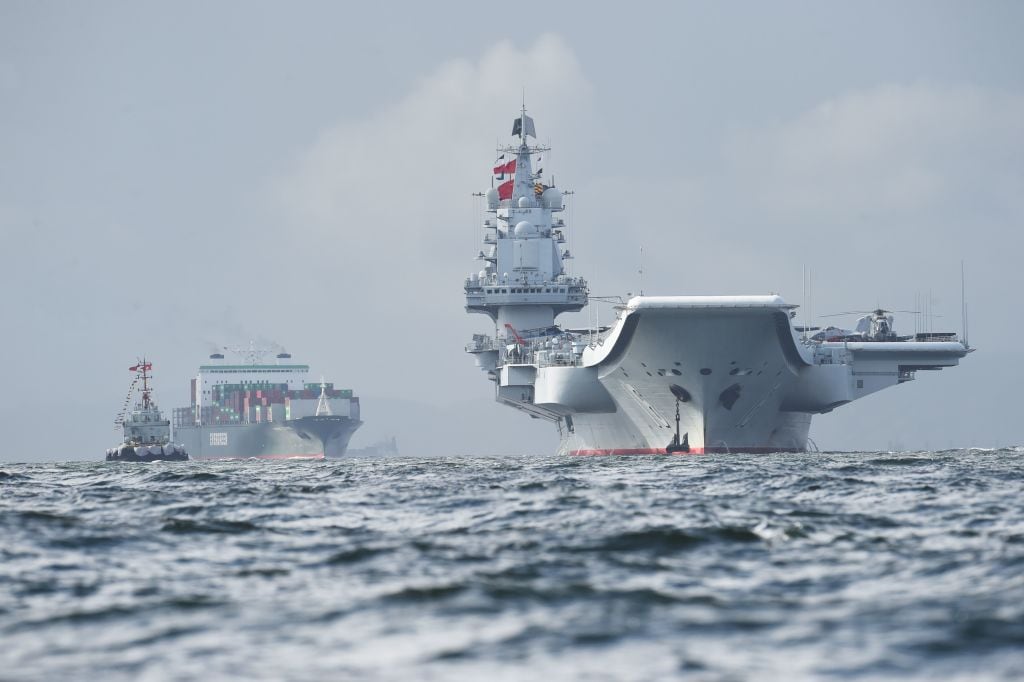MELBOURNE, Australia — The U.S. State Department has approved a significant spare parts support package for Taiwan to support its fleet of military aircraft, marking a departure from the previous practice of approving such sales to the island in smaller packages.
According to a Foreign Military Sales notification by the Defense and Security Cooperation Agency to Congress issued Monday, approval has been given to “provide funds for blanket order requisitions, under a Cooperative Logistics Supply Support Arrangement for stock replenishment supply of standard spare parts, and repair/replace of spare parts in support of the F-16, C-130, F-5, Indigenous Defense Fighter (IDF), all other aircraft systems and subsystems, and other related elements of logistics and program support” to the Taipei Economic and Cultural Representative Office in the United States, or TECRO.
All DSCA notifications are not final; if cleared by the Senate, procurement quantities and costs can still change in final negotiations.
The total estimated program cost is $330 million and is significant, as it marks a return to the practice of such support packages under a single notification and approval for the first time since 2011, when a similar package worth $52 million was approved under the Obama administration.
Though not militarily significant, the latest move comes against a backdrop of recent trade tensions and sanctions against Chinese entities for China’s acquisition of Russian weapons. The approval is likely to further inflame relations between the United States and China.
This would be the second major arms sale to Taiwan under the Trump administration, and will enable Taiwan to sustain its fleet of Northrop Grumman F-5E/F aircraft, Lockheed Martin F-16A/B fighter jets and C-130 transport planes. The U.S. had previously cleared a package of air-launched missiles, torpedoes and other support equipment worth $1.3 billion to Taiwan in June this year.
However, arms sales from the U.S. have slowed under previous administrations, even as China has embarked on a massive military modernization drive, and the military balance across the Taiwan Strait is now almost overwhelmingly in China’s favor.
RELATED

Taiwan has outstanding requirements for a range of military capabilities, including new fighter jets, as its 1970s-era F-5E/Fs are due to be retired soon and its other fighters are about two decades old.
China regards the self-governing island of Taiwan as a breakaway province and has not ruled out the use of force to retake it; arms sales to Taiwan usually result in a diplomatic backlash. The United States has no formal relations with Taiwan as part of the “One China” policy, although it has previously provided arms required for “self-defense” to the island under the Taiwan Relations Act.
Mike Yeo is the Asia correspondent for Defense News.






